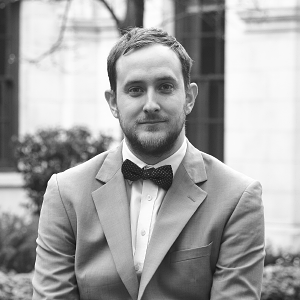Junior academics and practitioners in the field of behavioural science are incredibly fortunate to benefit from the pioneering work of academics such as Daniel Kahneman, Amos Tversky, Cass Sunstein, Richard Thaler, Carol Dweck, Max Bazerman and Iris Bohnet, to name but a few.
The work that these eminent figures have done for the rest of us is difficult to overstate. They have laid the intellectual framework for our field, and worked to overcome the inherent suspicion and scepticism among established academics and practitioners. They have also mentored those who will follow after – my favourite example being a diagram displayed on the wall of my mentor Max Bazerman, showing the students he has trained, and those that they in turn have trained (the diagram was a gift from a former student, of course). The Russell Sage Foundation Summer Institute in Behavioral Economics, described by Richard Thaler in his recent book , has helped to shape the careers of such luminaries as David Laibson and Matthew Rabin.
As behavioural scientists become ever more active in applied areas like policy and business, this mentorship becomes all the more important. Researchers of the future will need more than ever the ability to work and communicate with an ever wider range of people, if their work is to address important policy problems and their solutions taken forward.
At BIT we are pleased to be part of this tradition and are excited to be part of two workshops for up and coming behavioural scientists in the next few months. In late August, Behavioral Insights Group (BIG) at Harvard is hosting a “BIG Ideas” workshop on their campus for young researchers which we will be participating in. A few days later on 1st September, we will be hosting a second workshop in London with members of our team, members of BIG including Max Bazerman, Michael Luca, Lisa Shu and staff from the UK public sector to explore the topic of “Impact, Experimentation and Behaviour” with doctoral students from across the world, in advance of the Behavioural Exchange 2015 conference later that week.
The conference itself will be featuring a session on the Behavioural scientists of the future, which will allow junior academics to present some of the most exciting work at the cutting edge of their respective fields. Work will be shared by Ashley Whillans from University of British Columbia, Jana Gallus from Harvard, Philip Newall from Stirling, and Hengchen Dai from Olin Business School. Who knows – perhaps some future Nobel prize winning research will be presented.
